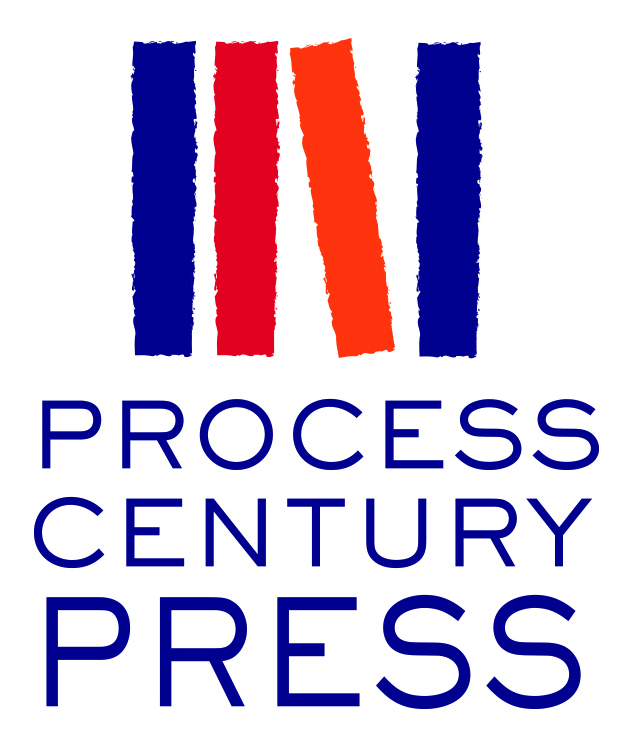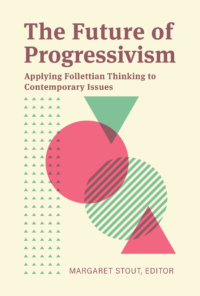Edited by Margaret Stout
Mary Parker Follett (1868-1933) was a Progressive Era public intellectual, scholar of political theory, social worker, and management consultant to both industry and government. A pioneer in management theory and practice, Follett’s work was first prophetic, then nearly forgotten, and finally rediscovered in the late 1980s. A century after publication of her first book, The New State: Group Organization, the Solution of Popular Government(1918), Follett’s ideas continue to inspire, inform, and instruct new generations of scholars, activists, and social workers.
From the introduction: “These chapters explore the relevance of Follettian thinking to challenges in the contemporary context across a wide array of domains — political, social, economic, and environmental. As noted by all, we may finally have arrived in the moment where the clarity of her vision and inspiration of her voice is ready to be taken up by social movements, governance actors, and social and business enterprises alike.”
Table of Contents
Preface, Margaret Stout
Introduction, Margaret Stout
Part One: Governance
Editor’s Introduction to Part One
1. Mary Follett: Prophet of Prefigurative Politics, Jeannine M. Love
2. Follett, Neoliberal Politics, and Nomad Citizenship in Societies of Control, Eric K. Austin
3. Finding Collective Will in Perilous Times, Miki Kashtan
4. Integrative Solutions in a Divided World? Toward a Relational Model of Change, Jody Hoffer Gittell and Joyce K. Fletcher
Part Two: Conflict Resolution and Social Integration
Editor’s Introduction to Part Two 153
5. From Domination to Integration: Dealing with Polarized Views of Race in Contemporary American Politics, Graham Wright
6. The Integrative Method as an Approach to the Migrant Crisis, Mirosław Patalon
7. Follett in the Squad Car: How Interconnection Informs Law Enforcement-Community Relations, Sean McCandless
8. Examining Restorative Justice Principles and Practices as Integrative Process, João Salm and Margaret Stout
9. A Sisyphean Task: Applying Follettian Thought to Environmental Justice Issues 281 Mary E. Guy and Jennifer A. Kagan
Part Three: Community Development
Editor’s Introduction to Part Three
10. Connecting: A Relational Approach to Re-Rooting Communities, Public Services, and Politics, Koen P. R. Bartels
11. Decentering Professionals in Community Development: Toward a Paradigm of Power-With, Celina V. Tchida
12. Creative Transformation of Brownfields through Collaborative Integration, Carrie M. Staton
Part Four: Management and Leadership
Editor’s Introduction to Part Four
13. Creating Follettian Schools in a Non-Follettian World, Nancy K. Smith, Tiffany Wright, Ann Gaudino
14. Dynamic Holism in Enterprise: Follettian Integration as a Method for Achieving Sustainability, Manjula S. Salimath and Vallari Chandna
15. Communities of Purpose: Enabling Collaborative Practice in Value Chains, Paul Davies
Epilogue
Glossary
Buy NowRequest Exam CopyRequest Review Copy

